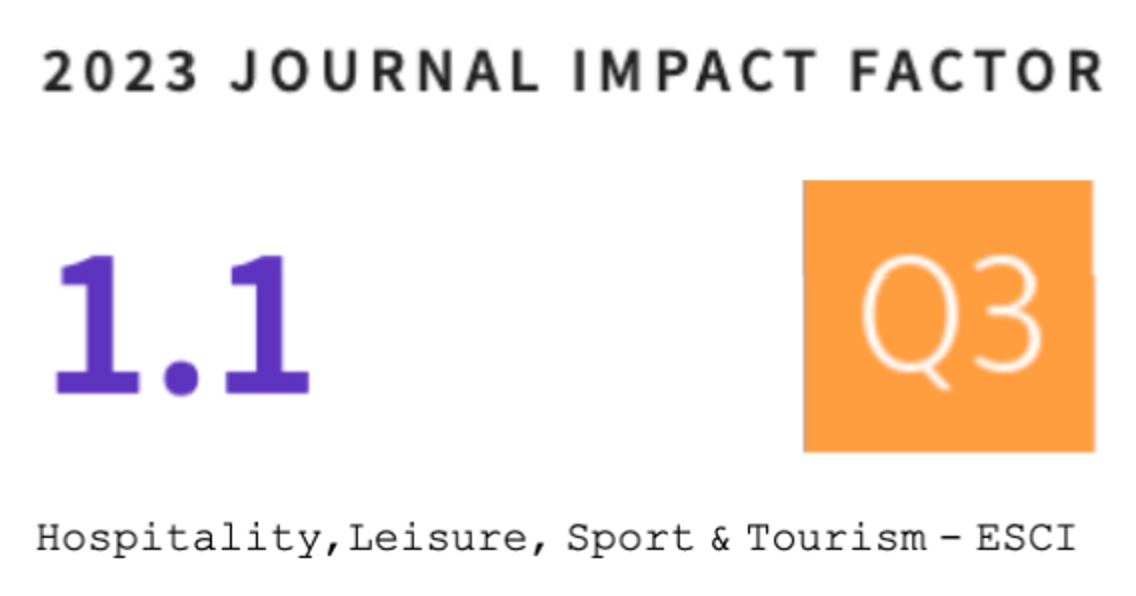Eating Disorders And Psychological Well-Being In Non-Elite Team Athletes
DOI:
https://doi.org/10.12800/ccd.v19i61.2179Abstract
The aim of this preliminary work was to determine the
prevalence of Eating Disorders (ED) in non-elite national
team sports athletes and to describe their perceived
psychological well-being based on the PERMA model.
Additionally, it analyzes psychological well-being based on
the risk of presenting symptoms related to ED. Seventyone
athletes participated in the study. The ‘PERMA-Profiler’
questionnaires and the abbreviated version of the Athlete’s
Eating Habits Questionnaire, CHAD-B, were used. The results show that 25.3% of the athletes are at high risk of suffering from an eating disorder. There are no statistically significant differences based on sex in the risk of ED. Athletes report a psychological well-being score of 7.6 on a scale of 0-10. The most prominent dimensions are social relationships and meaning; on the other hand, the Accomplishment scale received the lowest scores. We did not observe significant differences in psychological well-being based on the risk of ED, nor based on sex. This study provides relevant information for coaches and sports psychologists, who should pay special attention to the detection of ED cases that are invisible, denied, or unrecognized. Additionally, it is recommended to enhance optimism, emotional intelligence, and intrinsic motivation for improved well-being.
Published
How to Cite
Issue
Section
License
Copyright (c) 2024 Creative Commons Attribution License

This work is licensed under a Creative Commons Attribution-NonCommercial-ShareAlike 4.0 International License.
The authors who publish in this journal agree with the following terms:
- The authors retain the copyright and guarantee the journal the right to be the first publication of the work as well as licensed under a Creative Commons Attribution License that allows others to share the work with recognition of the authorship of the work and the initial publication in this journal.















